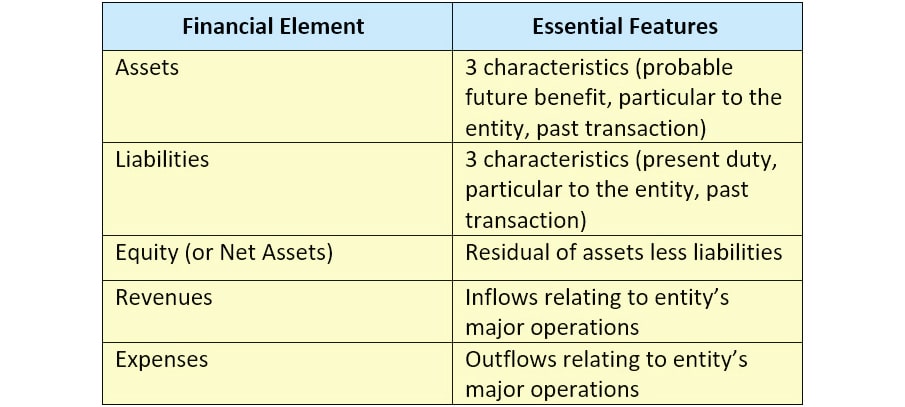Look It Up! Solutions Through Accounting Definitions
By Rob Sanders
We often receive questions about how to categorize a financial item. For example, is a royalty fee to a licensor considered revenue? What about the related obligation of the licensee to pay the royalty fee? We find the answers in the correct definitions of accounting terms.
For example, the Financial Accounting Standards Board (FASB) provides guidance for US GAAP. To do so, FASB uses Concept Statements.[1] Concept Statement No. 6 includes many useful, basic definitions, such as the following.
Assets
An asset has three essential characteristics:
- it embodies a probable future benefit that involves a capacity, singly or in combination with other assets, to contribute directly or indirectly to future net cash inflows.
- a particular entity can obtain the benefit and control others’ access to it.
- the transaction or other event giving rise to the entity’s right to or control of the benefit has already occurred.
Liabilities
A liability has three essential characteristics:
- it embodies a present duty or responsibility to one or more other entities that entails settlement by probable future transfer or use of assets at a specified or determinable date, on occurrence of a specified event, or on demand
- the duty or responsibility obligates a particular entity, leaving it little or no discretion to avoid the future sacrifice
- the transaction or other event obligating the entity has already happened
Equity or Net Assets
“Equity or net assets is the residual interest in the assets of an entity that remains after deducting its liabilities.”
Investments by and Distributions to Owners
“Investments by owners are increases in equity of a particular business enterprise resulting from transfers to it from other entities of something valuable to obtain or increase ownership interests (or equity) in it”.
“Distributions to owners are decreases in equity of a particular business enterprise resulting from transferring assets, rendering services, or incurring liabilities by the enterprise to owners.”
Revenues
“Revenues represent actual or expected cash inflows (or the equivalent) that have occurred or will eventuate as a result of the entity’s ongoing major or central operations.” Revenues come in many forms and have various names. To illustrate, revenues may be referred to as output, deliveries, sales, fees, interest, dividends, royalties, and rent, depending on the kind of operation.
Expenses
“Expenses represent actual or expected cash outflows (or the equivalent) that have occurred or will eventuate as a result of the entity’s ongoing major or central operations.” In contrast to revenues, expenses represent outflows. Similarly to revenues, expenses can take various forms with several different names depending on the kind of operation. Examples include cost of goods sold, cost of services provided, depreciation, interest, rent, and salaries and wages.
Gains and Losses
Gains are similar to revenues, and losses are similar to expenses. Generally, an item will be considered a gain or loss if it is a peripheral or incidental transaction of an entity. One entity’s gain may be another entity’s revenue. For example, JP Morgan Chase has a trading business in which increases in the value of common stocks held result in revenue, while increases in the same stocks if held by manufacturer not in the business of trading stock would be gains.
Summary Table
Accordingly, to answer the two questions posed in the first paragraph, the royalty fee would be revenue while the obligation to pay it is a liability.
[1] The FASB Concepts Statements are intended to serve the public interest by setting the objectives, qualitative characteristics, and other concepts that guide selection of economic phenomena to be recognized and measured for financial reporting and their display in financial statements or related means of communicating information to those who are interested. Concepts Statements guide the Board in developing sound accounting principles and provide the Board and its constituents with an understanding of the appropriate content and inherent limitations of financial reporting. A Statement of Financial Accounting Concepts does not establish generally accepted accounting standards.
(Per FASB website accessed May 25, 2022 at https://www.fasb.org/jsp/FASB/Page/PreCodSectionPage&cid=1176156317989)

